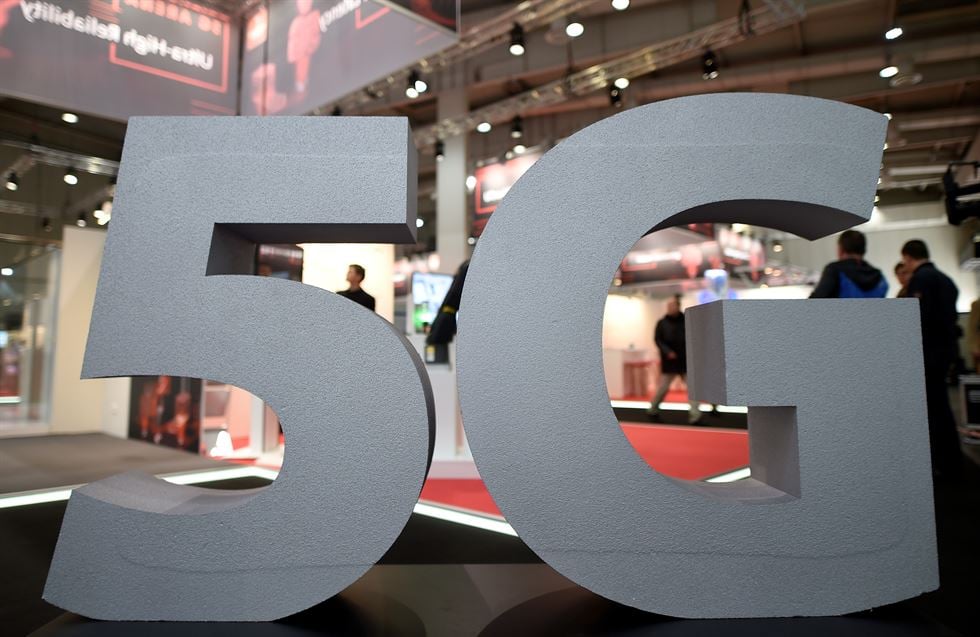In a frontal response to the planned deployment of the 5G service by AT&T and Verizon, the chief executives of major US carriers have warned of an impending catastrophic aviation crisis if the deployment plan is carried through. The group is called Airlines for America and they are warning that the new C-Band 5G service could render could potentially affect the usability of several widebody aircraft, thus leading to flight disruptions to tens of thousands of passengers. The major carriers that have come together to issue a joint statement on the issue include American Airlines, Delta Airlines, United Airlines, Southwest Airlines, and others.
According to the statement, a vast majority of the traveling and the shipping public could be essentially grounded unless the major hubs are cleared to fly. There had been fears that major communications equipment could be potentially affected via interference when the C-Band 5G service is deployed especially in the vicinity of US airports. The Federal Aviation Administration (FAA) has warned that such potential interference could significantly hamper low-visibility operations, hence the group is warning that such problems could lead to flight disruptions that could affect up to 100,000 passengers in a day.
The letter signed by all the airlines has been dispatched to the White House National Economic Council director, US Transportation Secretary, FAA Administrator, and the Federal Communications Commission (FCC) chair. The group says that it is hopeful that it can work with the government to finalize solutions that will mitigate the potential impact of the new 5G deployment.
The FAA had stated that it will continue to ensure the safety of the flying public even as wireless companies deploy 5G technology in the country. Both AT&T and Verizon insist that the new deployment has been proven in over 40 countries and it will not affect the airlines. After the auction of the C-band 5G spectrum in January 2021, both companies agreed to create buffer zones around 50 airports to reduce the risk of interference. They also agreed to take other measures to ensure that air safety is not affected through the deployment of the technology. It remains to be seen what response will come from the government to avert the crisis.
RELATED:
- Indian 5G spectrum auctions most likely to be held in February 2022, no 5G launch this year
- Indian telecoms raise 4G capacity as 5G excluded from recent spectrum auction
- Sweden halts 5G auctions after Huawei gets relief from court
(source)







